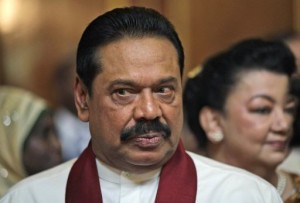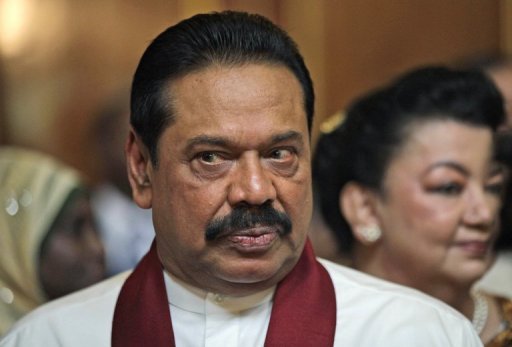 |
| Add caption |
“The government will not go ahead with the code,” a senior information ministry official told AFP on Sunday.
“The president met with editors on Friday and discussed the issue. They may or may not use elements of our draft,” he added on condition of anonymity.
An editor who was at the meeting told AFP that Rajapakse made it clear that the government would not impose the proposed code on them.
The Editors’ Guild of Sri Lanka is to discuss the development and issue a formal reaction next week, the editor said on condition that his name was not used.
Sri Lankan editors as well as international rights groups had said that the proposed bill was too sweeping and would curtail freedoms already under threat in Sri Lanka which is emerging from decades of ethnic war.
The New York-based Human Rights Watch and the Committee to Protect Journalists last week accused the government of mounting more pressure on the local media through the proposed bill.
The new code drawn up by the information ministry sought to prohibit “material against the integrity of the Executive, Judiciary and Legislature”.
It also warned against the publication of content that “offends against expectations of the public, morality of the country or tend to lower the standards of public taste and morality”.
Sri Lanka had been ranked 162 out of 179 countries in a recent press freedom index compiled by the Paris-based Reporters without Borders and media rights groups say journalists have been forced to self-censor.
